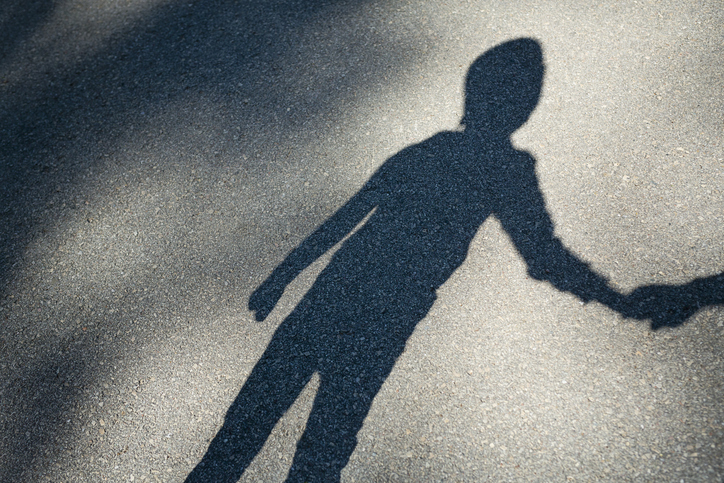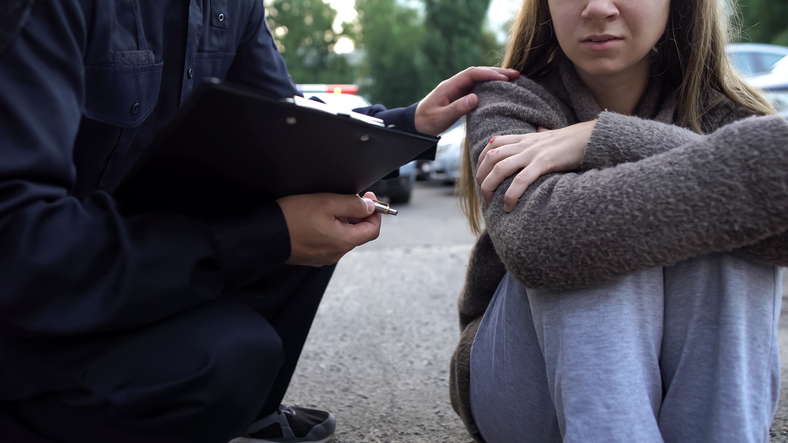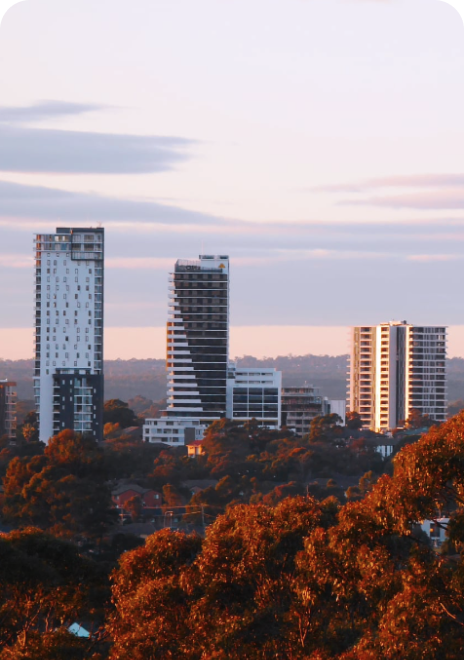Being a victim of crime is a scary experience that leaves physical, emotional and financial impacts. Fortunately, in Australia, government-funded victim services exist to help you recover and rebuild.
But who exactly is eligible for this help? Whether you’re a direct victim, a witness or a family member of someone affected by crime, knowing your rights and the support available can be a big step towards healing.
You can seek help from a victim services lawyer, but it’s always better to know yourself. In this article, we will guide you about your eligibility, the types of crimes covered and the application process in simple terms.

What Are Victim Services in Australia?
Victim Services in Australia are government-funded programs that support people who have been harmed as a result of criminal acts. These services provide financial assistance, counselling and other support measures to help victims recover and rebuild their lives.
Each state and territory has its own scheme, but the core eligibility criteria are the same across the country.
Who Can Make a Victim Services Claim?
According to the Victims’ Support Scheme, people who can make a claim are:
1. Direct Victims of Crime (Primary Victims)
A primary victim is someone who suffers an injury or loses their life as a direct result of a violent act. This also includes people who are injured or killed while intervening in a violent crime, such as trying to stop an attack or rescue another victim.
2. Witnesses to a Violent Crime (Secondary Victims)
A secondary victim is someone who suffers an injury after witnessing a violent act committed against a primary victim. Parents or guardians who experience psychological trauma when they find out about the injury or death of their biological child or a child in their care are also secondary victims.
3. Family Members of Homicide Victims
A family victim is an immediate family member—such as a spouse, de facto partner, parent, guardian, step-parent, child, stepchild or sibling—of a primary victim who has either died or been injured as a result of a violent act.
4. Good Samaritans
Under many state schemes, people who suffer harm while trying to prevent a crime, assist police or help a victim may also be eligible for compensation. This includes bystanders who intervene during an assault or those who assist injured victims after an incident.
If you’re not sure if you’re eligible for compensation under this scheme, Wyatts’ compensation lawyers can help you understand your rights as a victim and provide legal guidance.
What Types of Crimes Are Covered?
Each Australian state and territory has its own criteria, but most schemes cover:
- Assault and violent attacks – Domestic violence, armed robbery and unprovoked attacks.
- Sexual violence – Sexual assault and harassment.
- Homicide – Support for families of murder or manslaughter victims.
- Stalking and harassment – Cyberstalking and persistent threats.
- Kidnapping and unlawful imprisonment – Where individuals are held against their will.
- Theft and property damage
The Victim of Crime Entitlements
Victim services across Australia generally provide the following types of entitlements:
| Entitlements | Description |
|---|---|
| Financial Assistance | Expenses related to the crime, including:
|
| Counselling and Psychological Support | Free or subsidised counselling for victims and their families to help them process trauma and cope with emotional distress. |
| Legal and Court Support | Assistance navigating the legal system, including:
|
| Protection and Safety Services | Protection measures, such as:
|
In Australia, victims are usually entitled to a lump sum payment for recognition and acknowledgement of trauma suffered. However, the level of support varies depending on the severity of the injuries.
- Up to the injury “threshold” – Income support, medical and home care expenses for up to 12 months
- Above the injury “threshold” – Income support, medical and home care expenses that can extend beyond 24 months if there is a claim for damages, as well as a lump sum for past and future lost income
- Above the injury “threshold” (plus over 10% permanent impairment) – An additional lump sum for pain and suffering
Contact Wyatts’ victim of crime lawyers to assess your eligibility and get what you’re entitled to.
How Can a Victim Services Lawyer Help?
Navigating the victim services claim process can be overwhelming, especially when dealing with trauma. Wyatts’ victim services lawyer can provide valuable assistance by:
- Assessing your eligibility to determine if you qualify for compensation
- Gathering evidence, such as medical reports and police records
- Filing the claim while ensuring that applications are completed correctly and submitted within deadlines
- Challenging rejected claims with appeals and representing you in hearings
- Maximising compensation for financial losses, medical costs, and emotional distress
Our crime compensation lawyers help you navigate the complexities of the process. Most states have time limits for making a claim, often between 1-3 years from the date of the crime. Therefore, it’s important to seek help from a professional as early as possible.If you have any questions about your victim services claim, contact Wyatts’ lawyers at 1800 773 880 today for free guidance on the entire process.





